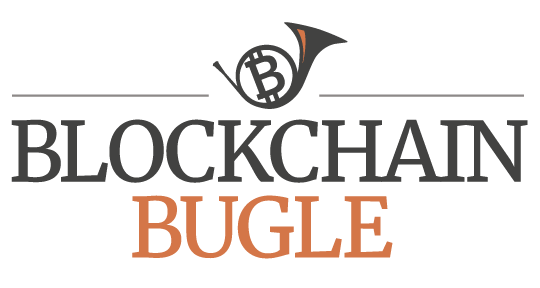Coinpit Takes First Steps Toward Trustless Bitcoin Futures Exchange

Coinpit is taking significant and innovative steps to offer a safer alternative to Bitcoin’s custodial futures exchanges. Thanks to Bitcoin’s multi-signature technology, users that store bitcoins on Coinpit remain in complete control of their funds. Even if the exchange is hacked, goes bankrupt, or disappears completely, customers can in most cases still retrieve their money.
Speaking to Bitcoin Magazine, Coinpit Founder and CEO Bharath Rao explained why he believes trustless exchanges are an important next step for the Bitcoin industry.
“Why is a bitcoin worth 600 times the world reserve currency? Because there was an unmet hunger for a trustless currency. We want to bring the same properties from the currency layer into financial systems. A financial system with the properties of Bitcoin would eliminate many financial crises,” Rao said.
Coinpit is no regular exchange, where users exchange bitcoin for fiat currency and back. It’s a bitcoin-futures exchange, where users trade so-called “quanto USD/BTC contracts.” In plain English, this means that Coinpit customers “bet” against each other, allowing them to speculate on bitcoin price movements.
“The bitcoin prices we use are derived from the top USD/BTC exchanges,” explained Rao, himself a Wall Street veteran. “And our index is arbitrable. This means that with sufficient volume, arbitrage ensures that bitcoin prices on Coinpit and on these exchanges will stay in sync and affect each other. And since one of the effects of offering futures contracts by exchanges has been price stability, Coinpit could realize this for the broader Bitcoin ecosystem as well.”
Futures exchanges are not new in the Bitcoin world, of course. OKCoin and BitMEX, for example, are popular platforms for such advanced trading strategies. But as last months’ Bitfinex hack reminded the Bitcoin community: exchanges that store customer funds present a single point of failure risk.
Coinpit is designed to solve this problem.
Who Has Control?
Coinpit established a trustless setup with its customers by utilizing Bitcoin’s multisig capabilities. When users fund their Coinpit account, they don’t send their bitcoin to an address solely controlled by Coinpit. Rather, the user and the exchange create a new multisig address that requires two keys to unlock: one generated by the user, and one by Coinpit. With this setup, the bitcoins deposited to the address can only be moved if both the user and Coinpit sign a transaction from the address.
Furthermore, when Coinpit and the customer sign a transaction, the bitcoins are sent immediately to a Bitcoin address controlled by the customer. The transaction, however, is not broadcast over the Bitcoin network; instead, it is given to the customer to store locally. In the event the site shuts down, the customer can broadcast the transaction to the Bitcoin network at any time and reclaim the funds. The customer is in full control.
Having thus funded a trading account, users can jump in to trade at any time. Because Coinpit monitors the Bitcoin network for potential double-spends, the risk of users trying to open a trade while also withdrawing their funds is covered. It’s only when a trade has been opened that bitcoins are sent to a Bitcoin address controlled by Coinpit exclusively. They remain under the exchange’s control as long as the trade is ongoing.
Rao explained:
“For now, this is the only way to offer a desirable user experience: latency and fees make on-chain trades impractical. We are looking into making the entire process trustless, however. To achieve this, we may end up creating a derivative trading altcoin that has the required performance and speed characteristics. Or perhaps a Bitcoin sidechain. Or we’ll use the Lightning Network when ready.”
Protecting Privacy
Coinpit deals exclusively in bitcoins; no fiat currencies are ever involved. And because the exchange does not offer services to customers in the U.S., Know Your Customer (KYC) and Anti-Money Laundering (AML) regulation as imposed by the New York BitLicense does not apply. This allows Coinpit to offer significantly more privacy than many other exchange platforms, at least for now.
“When we say we are trustless, it applies to privacy as well,” Rao explained. “Our finding is that privacy breaches result in security breaches and vice versa. To reduce the chances of security and privacy breaches, we try to keep as little information about users as possible.”
Looking to the future, Rao elaborated:
“In due time, if strict cryptocurrency regulation emerges in countries outside of the United States as well, we have the option of going fully decentralized or partnering with regulated exchanges. We are currently exploring both options.”
The post Coinpit Takes First Steps Toward Trustless Bitcoin Futures Exchange appeared first on Bitcoin Magazine.


